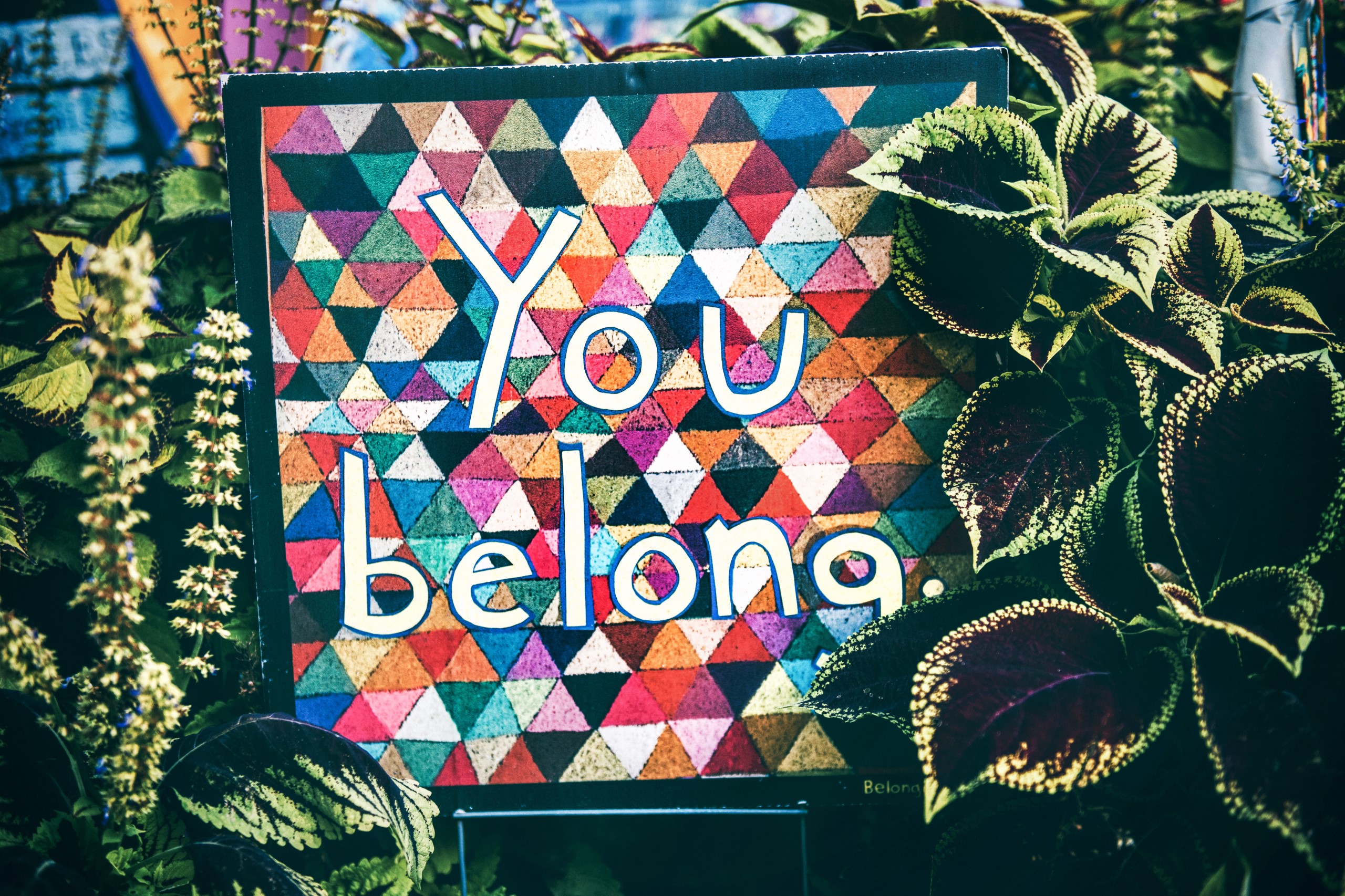Select your region and language
Close Australia (English)
Australia (English) Austria (English)
Austria (English) Belgium (English)
Belgium (English) Brazil (English)
Brazil (English) China (English)
China (English) Denmark (English)
Denmark (English) Egypt (English)
Egypt (English) Finland (Suomi)
Finland (Suomi) France (English)
France (English) Germany (Deutsch)
Germany (Deutsch) India (English)
India (English) Ireland (English)
Ireland (English) Italy (English)
Italy (English) Japan (English)
Japan (English) Korea (English)
Korea (English) Netherlands (English)
Netherlands (English) Peru (English)
Peru (English) Poland (English)
Poland (English) Portugal (English)
Portugal (English) Romania (English)
Romania (English) Singapore (English)
Singapore (English) South Africa (English)
South Africa (English) Spain (English)
Spain (English) Sweden (Svenska)
Sweden (Svenska) Switzerland (English)
Switzerland (English) Turkey (English)
Turkey (English) United Arab Emirates (English)
United Arab Emirates (English) United Kingdom (English)
United Kingdom (English) Venezuela (English)
Venezuela (English)
 International (English)
International (English)

